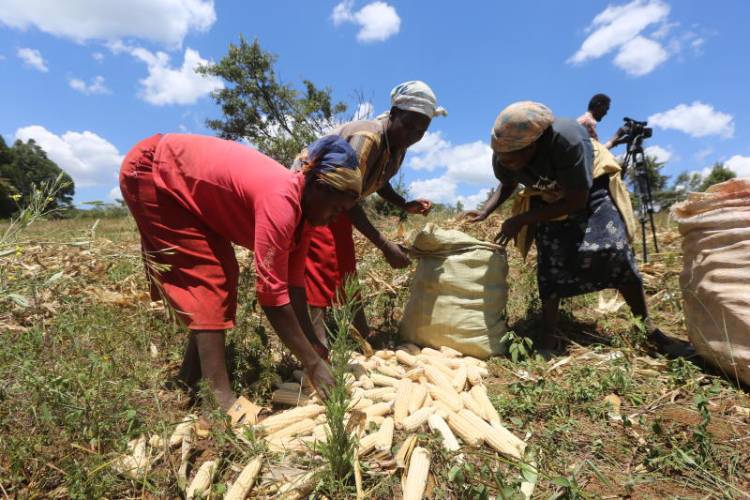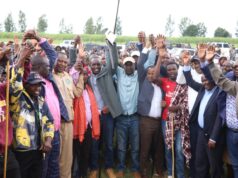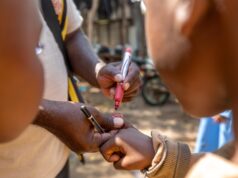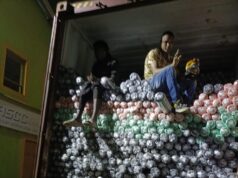The high cost of farm inputs coupled with the ongoing drought has been blamed for the drop in maize yields in Nakuru county.
According to data from the Ministry of Agriculture, maize production in the county dropped by 15 per cent raising fears of a looming shortage of maize flour in the coming days.
This came as farmers challenged the government to increase the number of subsidised fertiliser bags that an individual is expected to get before the planting season.
This emerged during a farmer’s field day in Ndondori area where farmers were challenged to prepare their farming programme in advance to avoid losses like last year.
According to John Kamanja from the Ministry of Agriculture, maize farmers were adversely affected by the high prices of fertiliser and seeds.
“Many farmers opted to plant without fertiliser as a bag was going for between Sh6,000 and Sh7,000 and many could not afford this,” he said.
The senior officer admitted that this had played a role in the drop in the harvest with the ongoing drought worsening the situation.
“Maize production in the county dropped by 15 per cent and this was attributed to the poor rainfall pattern and planting the wrong seed variety,” he said.
Kamanja was, however, optimistic that things would be different this year after the government promised to supply farmers with subsidized fertiliser.
The agricultural officer noted that if well prepared, one acre in the county had the capability of producing between 18 and 30 bags of maize.
“We are asking farmers to register with the chiefs so that they can get in time the subsidised fertiliser which the government has promised,” he said.
One of the top farmers Joseph Ndung’u admitted that the high cost of farm inputs had affected the harvest from his six-acre farm.
He noted that in a good season, he was harvesting a total of 80 bags adding that he managed to get 10 bags last year.
“The high prices of fertilizer were the main reason for the drop in maize harvest and we hope the government will address this,” he said.
Another farmer Purity Muthoni termed 2022 as the worst year for farmers due to the harsh weather which affected food security.
“Due to the economic challenges we did not use fertilizer in planting maize and the crop performed dismally due to the erratic rainfall,” she said.


















